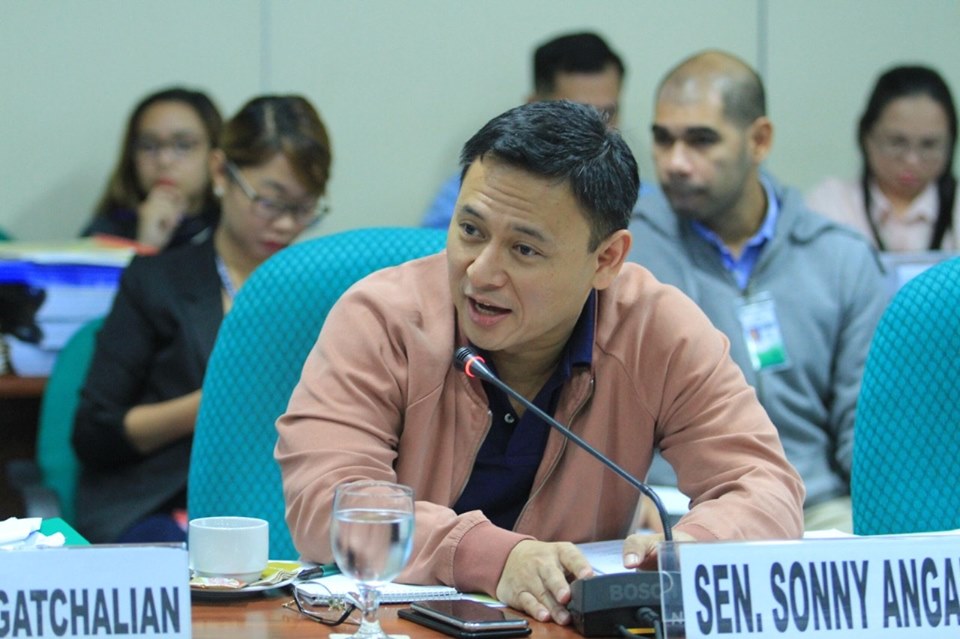News
Senator pushes for creation of dental units in rural areas

In a statement, Angara underscored the lack of institutional means to promote and ensure the dental health of Filipinos, noting that 92 percent of the population is suffering from dental caries while 78 percent have gum diseases. (File Photo: Sonny Angara/Facebook)
MANILA — Senator Sonny Angara on Thursday pushed for the creation of a dental unit in every rural health unit under the supervision of the Department of Health (DOH) as part of the primary approach in the delivery of health services.
In a statement, Angara underscored the lack of institutional means to promote and ensure the dental health of Filipinos, noting that 92 percent of the population is suffering from dental caries while 78 percent have gum diseases.
Angara also cited Philippine Prosthodontic Society 2016 data showing that around seven million Filipinos have never been to a dentist due to the misconception that accessing dental care is expensive.
“Marami sa ating kababayan na ayaw magpatingin sa dentista dahil lang sa takot nila na kailangan magbayad ng napaka mahal na halaga. Dahil dito, malaking bahagi ng ating populasyon ay may mga sirang ngipin na hindi napapaayos (A lot of Filipinos refuse to consult a dentist due to fear that it might be too costly. Because of this, a huge number of our population have dental problems that are not remedied),” Angara said.
He noted that around 80 percent of the population is suffering from some form of dental problem in 2018.
“Clearly, this is a problem, which if not addressed, would lead to minor inconveniences such as losing sleep and more serious consequences including loss of productivity. We want to avoid situations where someone with dental problems misses time from work or school and end up failing their grades or are fired from their jobs,” Angara said.
Under Senate Bill 962, a dental unit consists of a public health dentist and a trained barangay health worker, who will serve as the dental aide.
The senator said the Philippines is a signatory to the Alma-Ata Declaration of 1978, which urge all governments to “formulate national policies, strategies, and plans of actions to launch and sustain primary health care as part of a comprehensive national health system in coordination with other sectors.”
“By ensuring that each RHU under the DOH has at least one dentist serving, the priority targets of dental health services—pre-school children, school children, pregnant and non-pregnant mothers, and adults—will be adequately served,” Angara said.
“It will cost more in their services, but the benefits to be derived would more than compensate for the cost,” he added.





















